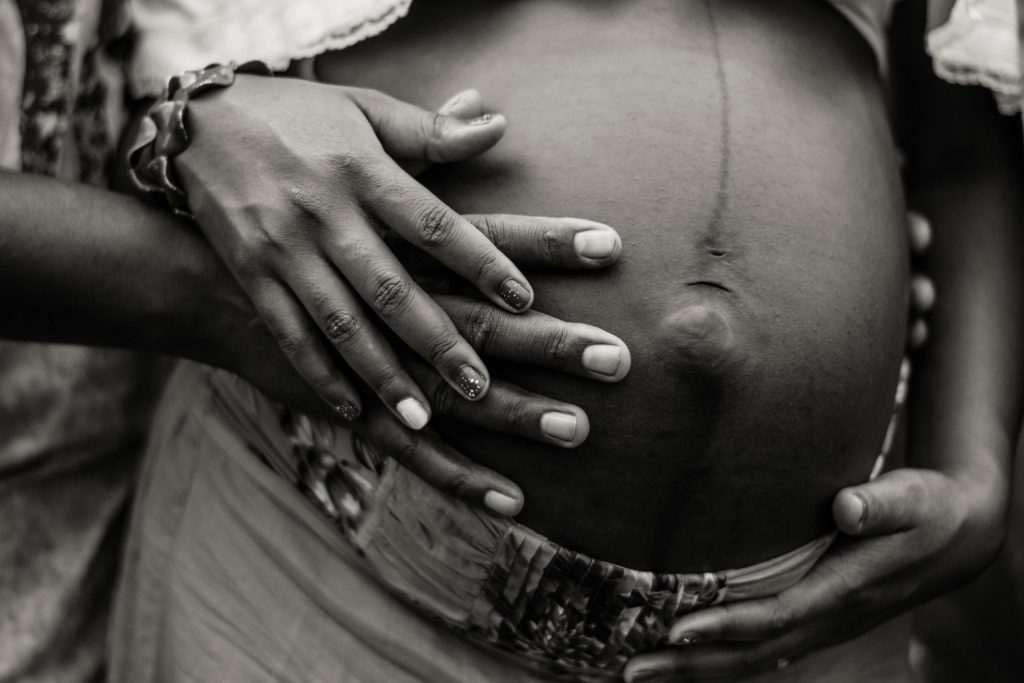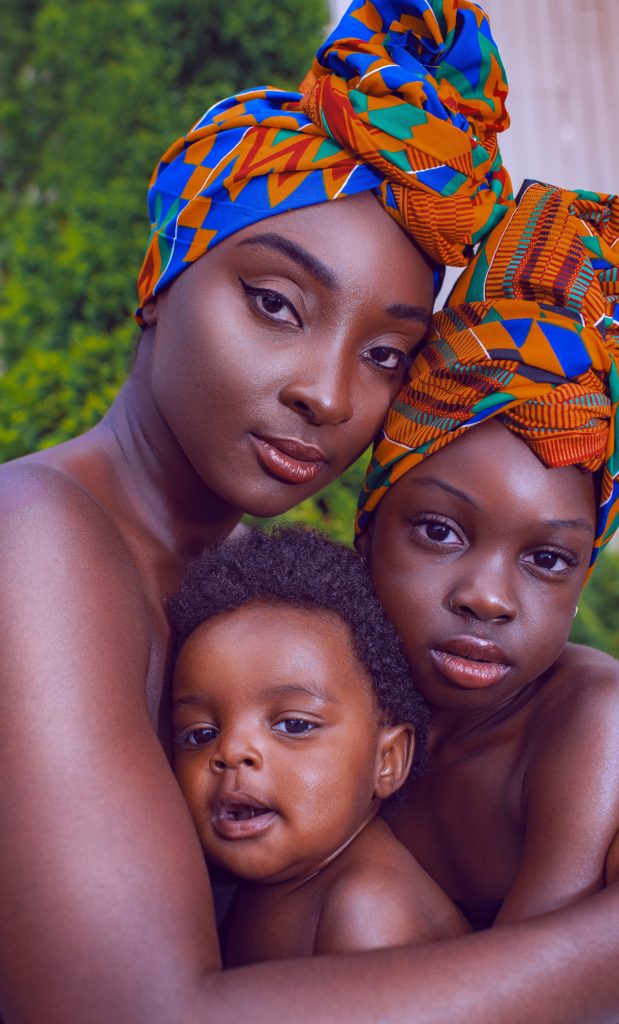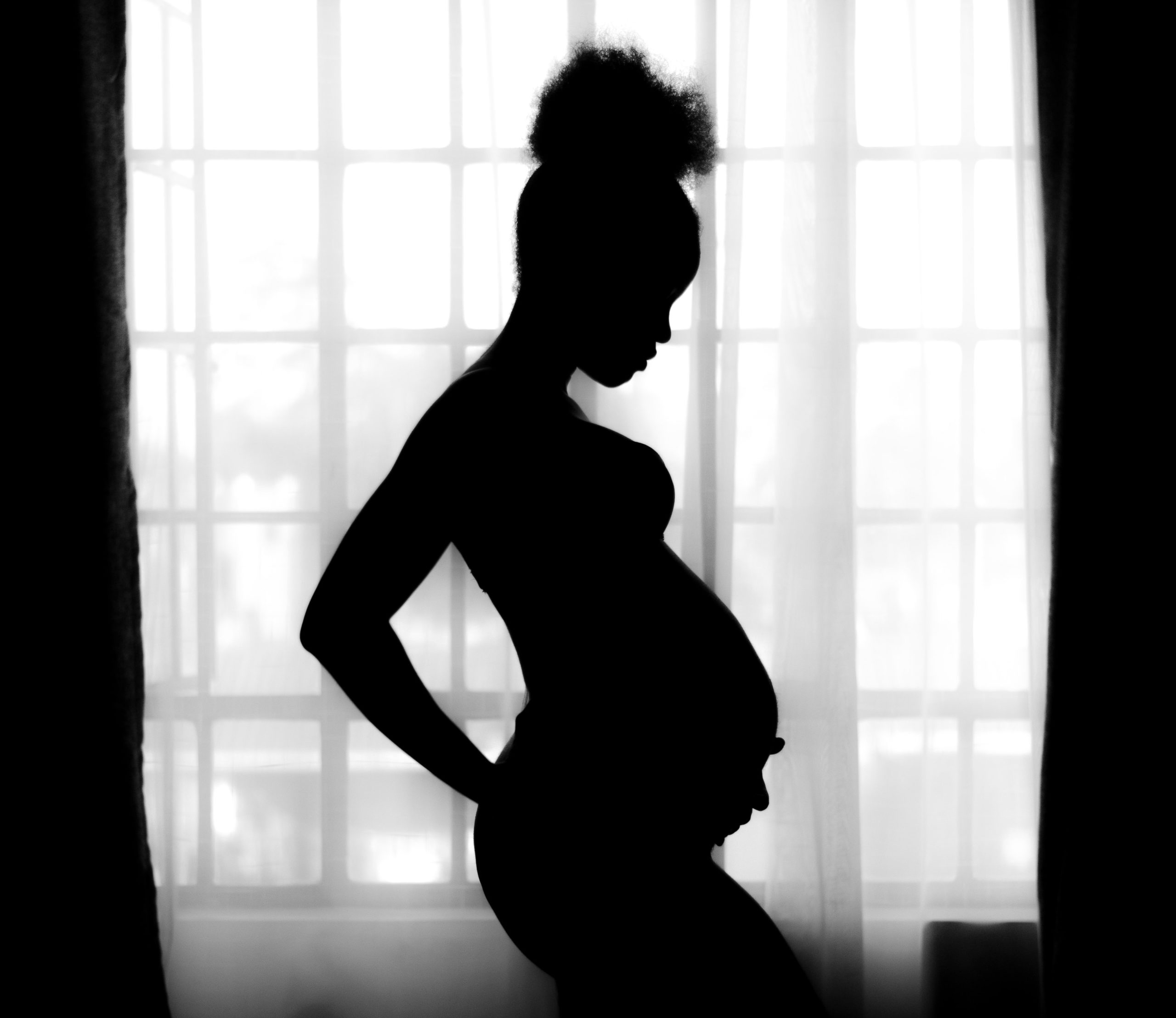Black maternal health is a widely discussed topic. With the recent development of Roe vs. Wade, the reality of the grim Black maternal mortality rate is even more poignant. Despite all this, another conversation is being dismissed; Black maternal health. The Black maternal health crisis is often closely intertwined with mental illness. Unfortunately, Black women get dismissed when they speak out about their trauma. Here’s why that needs to change.
Enough Is Enough
Multiple research projects and scientific discoveries have factually highlighted the inequity that pregnant Black women face in the healthcare system, and it is time to take action. The dire details of inadequate access to culturally sensitive birthing and mental health care put fear in many Black mothers and cause the entire child birthing experience to be anxiety-inducing. This gripping fear discourages Black women from seeking the mental care associated with pre-natal and post-natal care, which exacerbates mental distress, leading to higher levels of Perinatal Mood and Anxiety Disorders (PMADs) in Black women.

Perinatal Mood And Anxiety Disorders Rates
According to research, Black women experience Perinatal Mood and Anxiety Disorders (PMADs) at a significantly higher rate than women of other races. Also, various scientific analyses and social efforts have discovered that Black women experience a higher infant mortality rate and lower levels of post-natal care for both the mother and child. We must start listening to Black women talk about their birthing issues and how their mental health is affected because of it.

The Priceless Value Of Black Women
Historically, Black women have been denied basic human concepts such as empathy and understanding. Too often, when Black women speak out on their lived experiences, they are passive-aggressively shut down, demonized, and gaslighted. Although Black women continue to empower themselves to navigate situations and experiences that affect them, the risk is still there. Instead of taking the time to challenge, question, and attack Black women for speaking out about their maternal health experiences and the aftermath, it is time to listen with empathy and understanding. Black women tremendously contribute to the overall growth and equilibrium of the nation. Their lives matter, their value is undeniable, and their voiced concerns deserve to be addressed.

